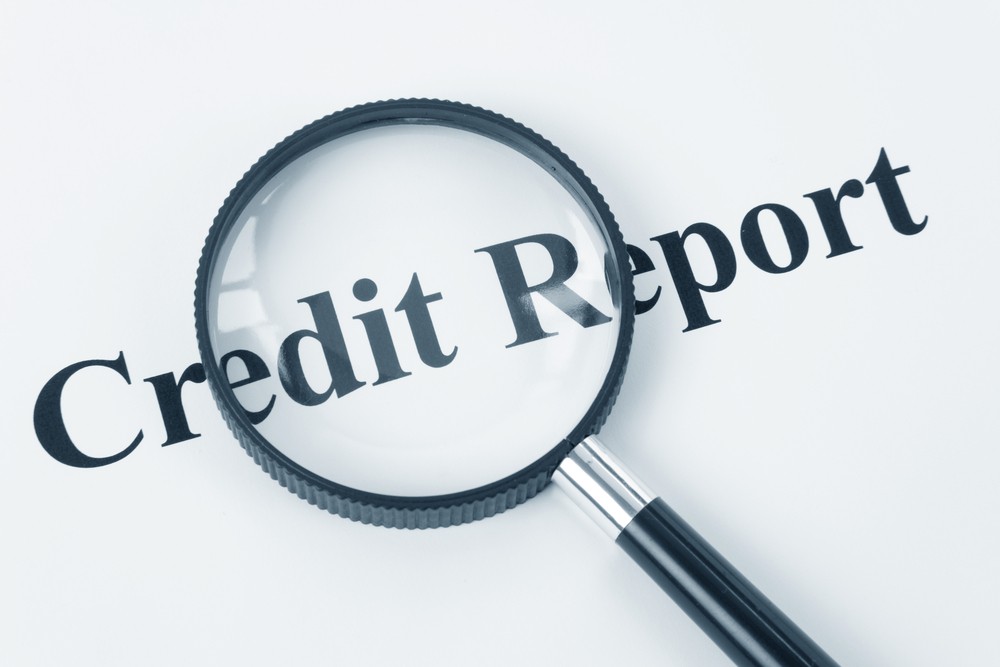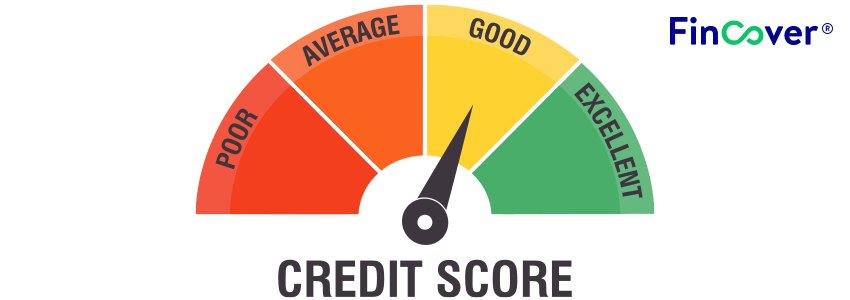Improving your credit score can feel like a daunting task, especially when faced with multiple factors that contribute to it. However, developing a few simple daily habits can significantly boost your score. This proactive approach opens the door to better interest rates and positions you for increased financial stability. Small changes can lead to significant improvements whether you are considering options like a debt consolidation loan bad credit solution or simply want to make your payments more manageable. Let’s explore how these habits can transform your credit health.
Review Your Credit Report Regularly
One of the most important habits to adopt when improving your credit score is regularly checking your credit report. This step helps you stay informed about changes, errors, or fraudulent activities affecting your credit health. The major credit bureaus — Equifax, Experian, and TransUnion — must provide a free report annually, but accessing it more frequently through services or monitoring tools can add a layer of security.
Spotting inaccuracies is crucial since mistakes can have a lasting impact on your score. Errors like incorrect account statuses, outdated balance amounts, or fraudulent accounts can be reported and disputed. Timely identification allows you to take corrective action and prevent potential damage. Making credit report reviews a regular habit gives you more control over your financial narrative.
Pay Your Bills on Time, Every Time
Consistently paying your bills on time may sound like familiar advice, but it remains one of the most potent factors in determining your credit score. Payment history accounts for a significant portion of your credit score calculation, and even one missed payment can lead to a noticeable dip. To build a strong habit of timely payments, consider automating your bills through online banking platforms or setting reminders to avoid forgetfulness.
Even if you face financial difficulties, it’s essential to communicate with your creditors. Many lenders offer hardship programs that can protect your credit from being harmed during challenging periods. Maintaining a positive payment track record boosts your score and reflects financial responsibility to future lenders.
Reduce Your Credit Utilization Ratio
The credit utilization ratio — the percentage of your available credit used at any given time — significantly determines your credit score. To improve your score, keeping this ratio under 30% is ideal, but even lower is better. For example, if you have a credit card limit of $5,000, keeping your balance below $1,500 can positively impact your score.
Paying down high monthly balances can significantly lower your credit utilization ratio over time. Make extra payments beyond the minimum due or spread out spending on different cards to maintain low balances. This strengthens your credit score and reduces the interest you pay over time.
Limit New Credit Applications
Applying for new credit frequently can hurt your score, as each application results in a hard inquiry. While one or two inquiries may not drastically affect your score, multiple applications in a short span can signal financial instability to potential lenders. As such, it’s essential to only apply for new credit when truly necessary.
Adopting a conservative approach to credit applications encourages you to be more intentional with your borrowing habits. By limiting new applications, you reduce the number of hard inquiries and protect your existing credit health. If you are shopping for a particular loan, such as a mortgage or auto loan, try to complete rate-shopping inquiries quickly, as they may be treated as a single inquiry under specific scoring models.
Cultivate a Diverse Credit Mix
A mix of credit accounts, such as credit cards, installment loans, and mortgages, can positively impact your credit score. A diverse credit profile demonstrates your ability to responsibly manage different types of credit. However, it’s essential not to open new accounts solely for diversification, as this can lead to unnecessary debt.
Focus on managing your existing credit lines well and, over time, consider opportunities to add new types of credit responsibly. For example, if you primarily use credit cards, a small installment loan may add variety and enhance your score over time. This habit highlights a long-term approach to building credit and maintaining a stable financial profile.
Conclusion
Improving your credit score isn’t an overnight process, but adopting simple, consistent habits can lead to lasting change. By regularly reviewing your credit report, paying bills on time, managing your credit utilization, and thoughtfully applying for new credit, you can gradually boost your score and unlock more significant financial opportunities. A more robust credit score empowers you with better interest rates and enhances economic freedom. Take these small steps today, and watch as they lead to significant gains in your credit future.


















